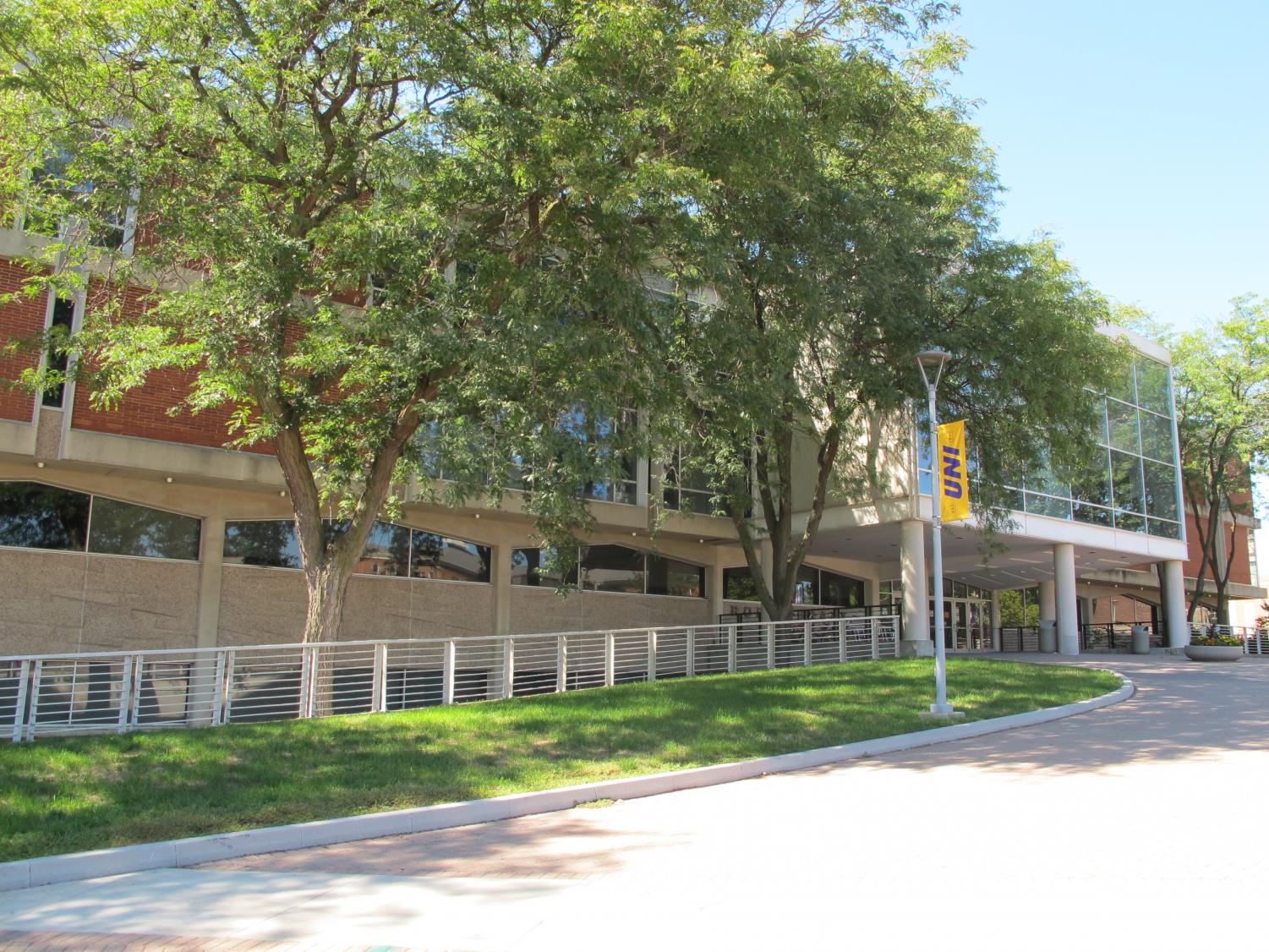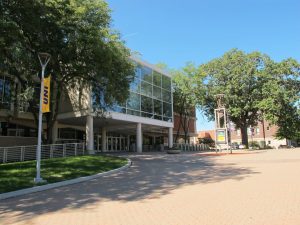Rod Library promotes equity
Oct 18, 2021
Library creates policy change to make services more accessible to students
In July 2021, Rod Library joined the Cedar Falls and Waterloo public libraries in no longer charging late fees for overdue items. This policy change is just one example of a recent emphasis on equity occurring in libraries nationwide in hopes of making libraries more accessible for all.
In previous years, UNI students were charged 25 cents per day overdue for books in the stacks, the maximum fee being $7.50. For more specialized loanable items, the charging rate was higher, meaning that a student could pay up to $20 in late fees for an item such as a laptop.
This school year, the library has abandoned this policy, no longer charging late fees on any items. However, items still reach a maximum time overdue: 30 days for items in the stacks and one week for most items behind the desk such as laptops, projectors and course reserves. Once this period of time passes, students will be charged a lost item replacement fee depending on the value of the item as well as a $7.50 non-refundable processing fee.
If the overdue item is eventually returned, the student will be issued a refund for the replacement fee. In addition, the replacement fee may be refunded if the student themselves provides an exact replacement for the item in new condition that is approved by library staff. No refunds or replacements will be accepted after one year past the item’s due date.
Students are notified via email various times throughout the check-out period about the status of their loaned item, the due date and any replacement charges.
Melissa Gevaert, who handles the library’s circulation and billing, commented on the financial role late fees used to have in the library’s operations, saying, “Usually the money helped sustain library collections. It helped with purchasing items, replacing items, updating our database and making sure those materials were available for students.”
In response to the new policy, Gevaert said, “While we recognize that it is a loss of income for the library to use for materials, we believe that should be sustained in a different way rather than expecting students to provide it through late fees.”
This change occurred as an attempt to keep up with the national standards of the librarian profession. Back in January 2019, the American Library Association revisited the Library Bill of Rights, a document outlining the basic policies that guide libraries all across the country. The board reinterpreted their set of policies in order to promote greater equity, and UNI is now seeing those changes unfold.
Melinda Beland, Rod Library’s public relations specialist, believes that eliminating late fees is a significant improvement for the library. “It’s more important for us to be more equitable and to make sure we eliminate barriers for people coming to the library than to take in the small amount of money that we were through fines,” she said.
Rod Library has made various other changes in order to fully embrace greater accessibility. For instance, they no longer issue recalls for books. If one student has a book checked out and another student requests it, the first student will no longer be asked to return the book sooner in order to give the second student access to it. Instead, the library now utilizes interlibrary loans with other libraries in the area to find a second copy of the needed book for the second student.
“We found out that interlibrary loans statistically were actually faster for the person requesting it,” Gevaert said. “If you came in to get a book for a class and it was checked out, you would normally have to wait about two weeks to get it, whereas with an interlibrary loan we can usually get it in one week or less. It allows people to keep the materials they need and those who need items that are checked out to get them faster.”
Other recent changes included lowering a portion of the service desk to make it more accessible to all people and rearranging furniture to create a more welcoming environment that better serves students.
The library is also in the process of moving more reference materials to the stacks so students will be able to check them out rather than only being allowed to use them while in the library.
Gevaert said that students should expect to see more changes in the future that aim to make the library a better experience for all. “We are constantly looking for ways that we can improve, do better and serve better,” she said. “We encourage if students see an issue in the library to reach out to us so that we can try and improve things for them.”
“After all,” Beland added, “it is your library.”
Students with questions or concerns can contact the library service desk at (319)-273-2838 or by emailing [email protected].













